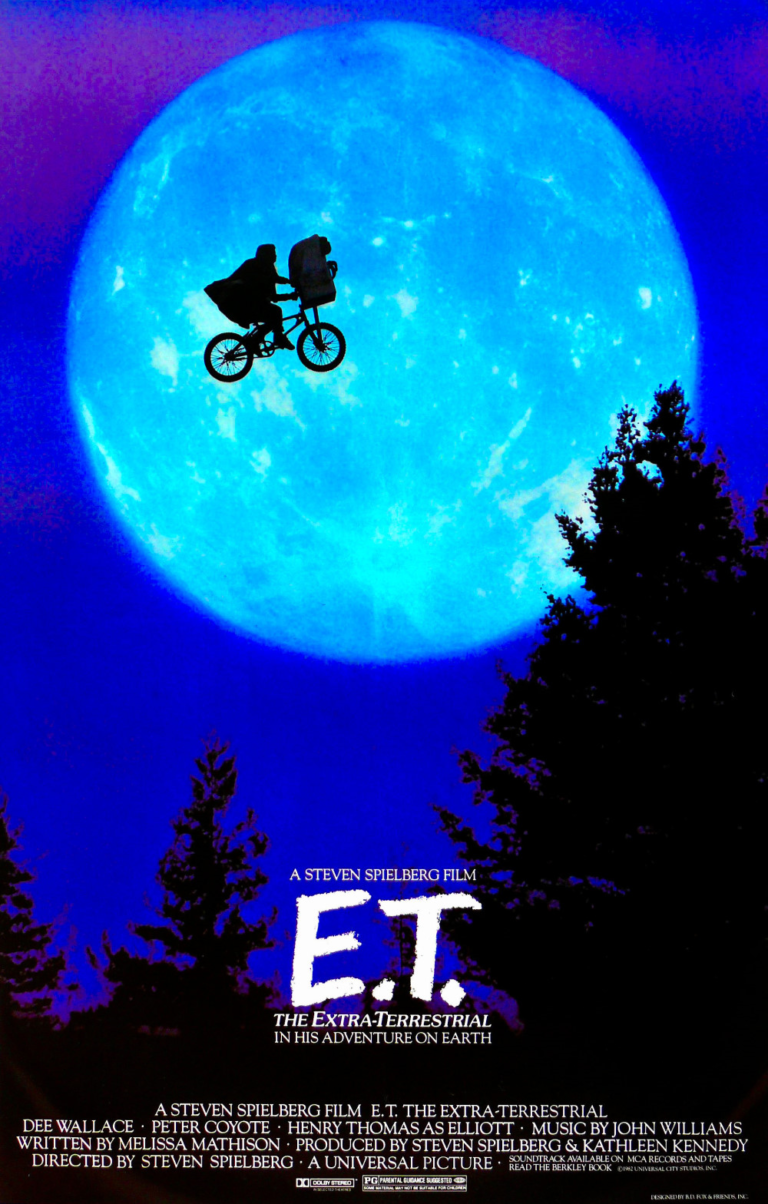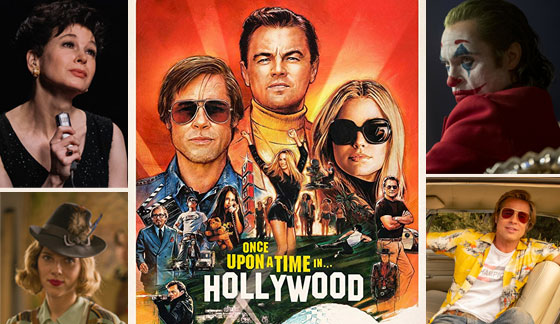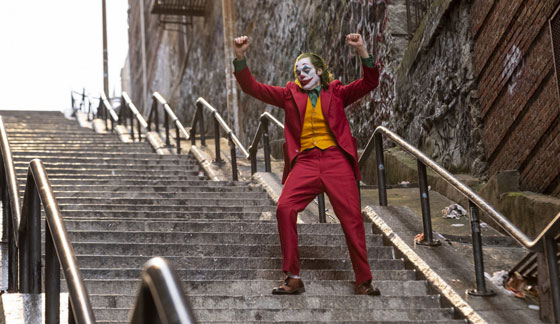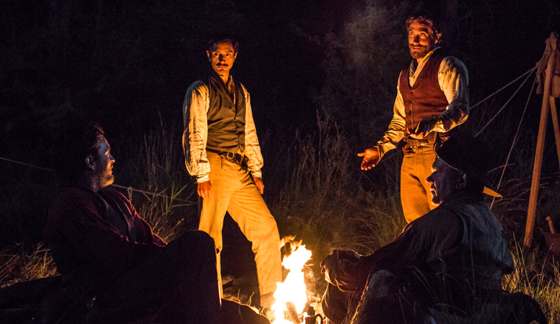Now that the Oscars dust has settled, it’s time to take a look at how we here at Media Mikes, readers and writers alike, voted for our top cinematic achievements of 2019 in our 9th Annual Media Mikes Awards
“Joker,” Todd Phillips’s dark look at the origins of Batman’s greatest enemy, “Once Upon a Time…in Hollywood,” Quentin Tarantino’s fable about the summer of 1969 and Sam Mendes’s enthralling WWI drama, “1917”, topped our lists with two awards each.
“Hollywood” took home the big prize as the year’s Best Picture and also nabbed Best Supporting Actor award for Brad Pitt. “Joker” earned wins for Joaquin Phoenix as Best Actor as well as Best Original Score, written and composed by Hildur Guðnadóttir. “1917” earned the award for Best Director for Sam Mendes and was also recognized for its cinematography by the legendary Roger Deakins.
Additional winners included Reneé Zellwegger as Best Actress for her portrayal of Judy Garland in “Judy” and Scarlett Johansson as Best Supporting Actress for her work in “JoJo Rabbit.”
“Toy Story 4” was chosen as the year’s Best Animated Feature.
This year saw more than 3,000 readers submit their choices in the seven top categories, check out the complete list of our winners below
Reader Voted Awards Went to…
Best Picture – “Once Upon a Time…in Hollywood”
Best Director – Sam Mendes, “1917”
Best Actor – Joaquin Phoenix, “Joker”
Best Actress – Renee Zellweger, “Judy”
Best Supporting Actress – Scarlett Johansson, “Jojo Rabbit”
Best Supporting Actor – “Brad Pitt, Once Upon a Time…in Hollywood”
Best Animated Feature – “Toy Story 4”
Awards chosen by our Media Mikes writers went to…
Best Original Screenplay – Bong Joon Ho and Han Jin Won, “Parasite”
Best Adapted Screenplay – Greta Gerwig, “Little Women”
Best Documentary Feature – “David Crosby: Remember my Name”
Best Cinematography – Roger Deakins, “1917”
Best Original Score – Hildur Guðnadóttir, “Joker”
Composer John Williams, who recently earned his 52nd Academy Award nomination, was name the recipient of this years Media Mikes Lifetime Achievement Award.




